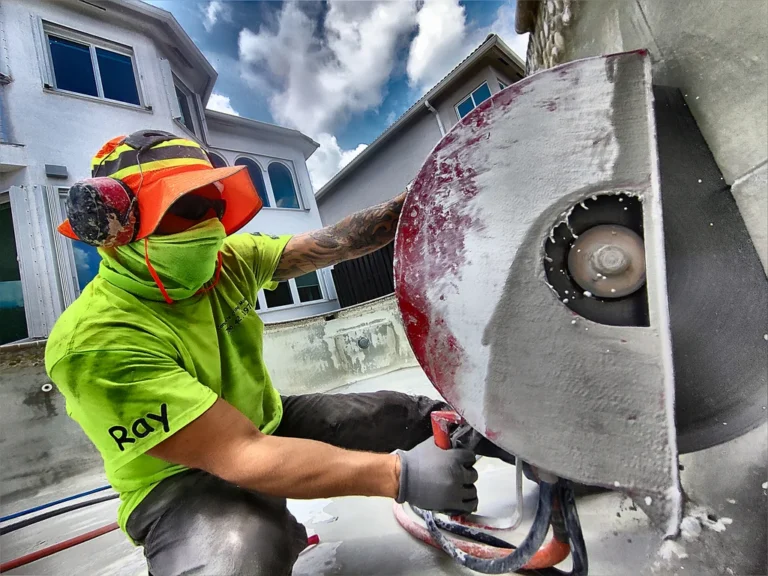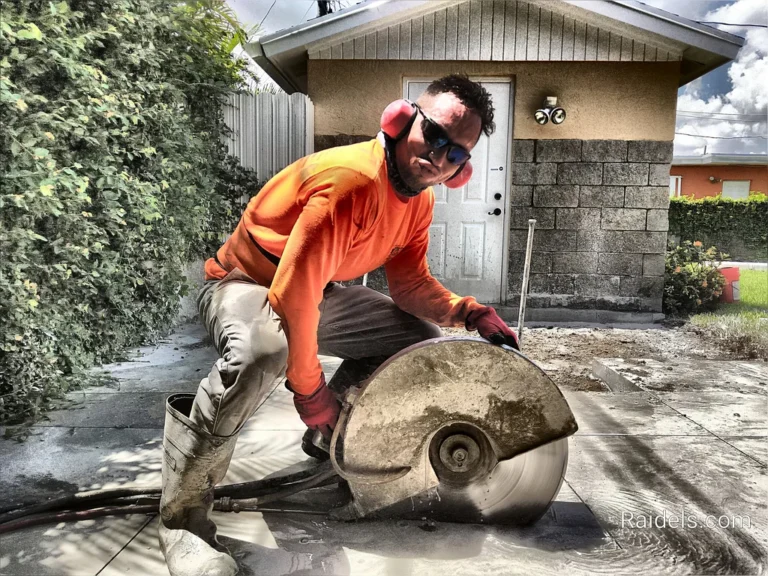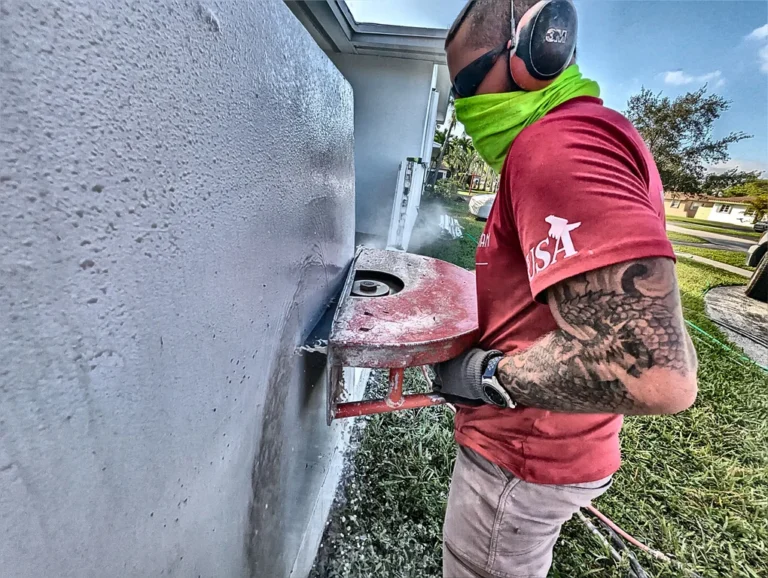When it comes to building a house, the foundation is arguably the most critical element. Among the many questions that homeowners, contractors, and builders ponder upon, one of the most common is, “How thick is the concrete slab for a house?” This seemingly simple question opens the door to a world of complexities and considerations that we will explore in this detailed blog post.
Understanding the Importance of Concrete Thickness
The thickness of a concrete slab directly impacts the stability, durability, and longevity of a house. Before delving into the ideal thickness, it’s essential to understand the factors that influence this crucial decision. Several aspects come into play, including soil conditions, the type of structure, and the load-bearing capacity required.
Factors Influencing Concrete Slab Thickness
1. Soil Type and Bearing Capacity
The soil on which a house is built plays a significant role in determining the thickness of the concrete slab. Different soil types have varying load-bearing capacities, influencing the necessary thickness for a stable foundation.
2. Structural Design and Load-Bearing Requirements
Homes come in various shapes and sizes, each with unique architectural designs and load-bearing requirements. A multi-story house, for instance, demands a thicker slab to support the additional weight.
3. Climate and Environmental Factors
Climate conditions, including temperature fluctuations and moisture levels, can impact the concrete curing process. Proper thickness ensures the slab can withstand environmental challenges over the years.
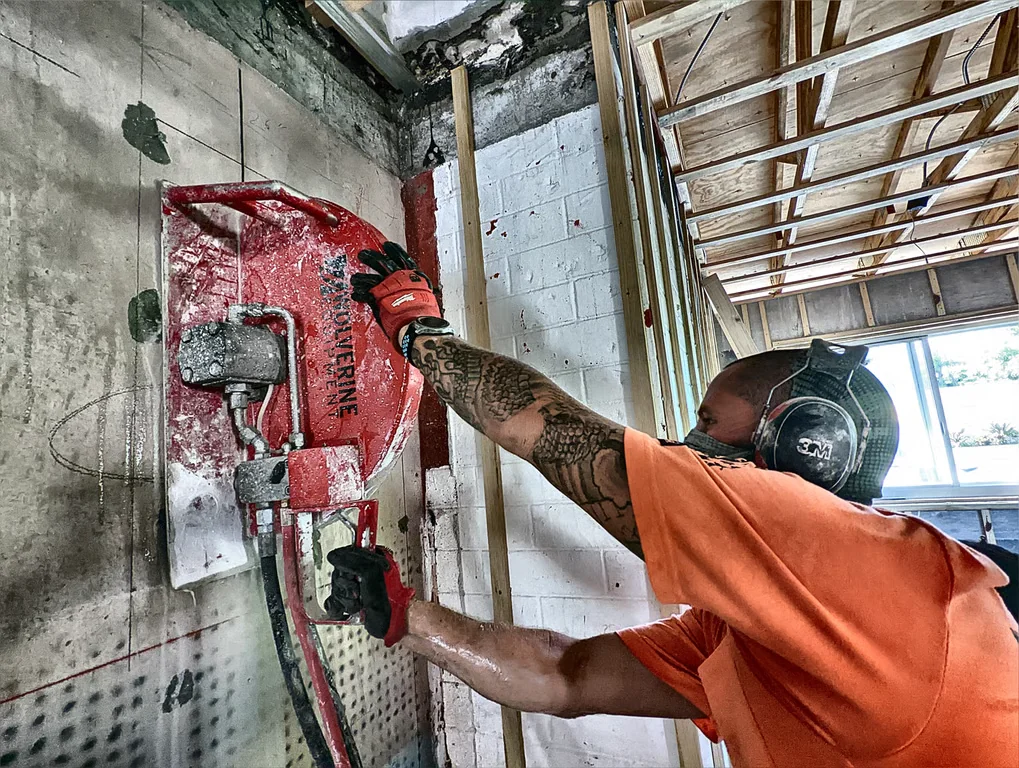
4. Local Building Codes and Regulations
Building codes and regulations set by local authorities are crucial in determining the minimum thickness standards for concrete slabs. Adhering to these codes is essential for ensuring the structural integrity of the house.
5. Purpose of the Space Above the Slab
Different areas of a house serve different purposes. Garages, for example, require thicker slabs to withstand the weight of vehicles, while residential living spaces have different requirements.
The thickness of a concrete slab for a house is not a one-size-fits-all scenario. It is a nuanced process that involves careful consideration of soil type, structural design, climate, local regulations, and the purpose of the space. As the foundation upon which your home stands, investing in the right thickness ensures the safety and longevity of your dwelling.
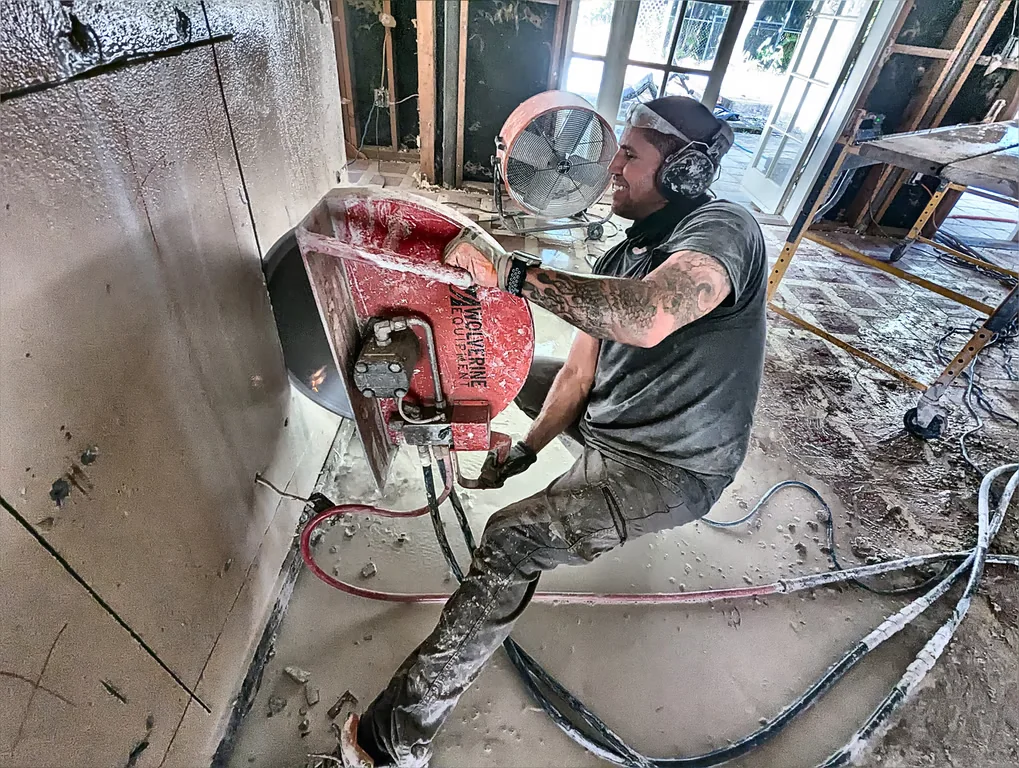
For more insights on concrete slabs and construction tips, visit Concrete Cutting Miami’s blog. Have questions about concrete slabs or need professional concrete cutting services in the Miami-Dade, Broward, or The Florida Keys areas? Feel free to contact us or book our services.
